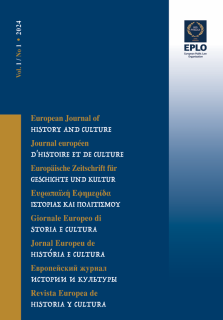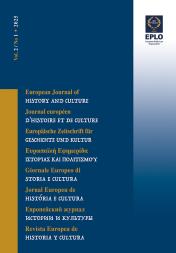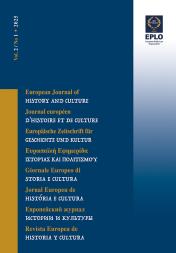
Political Economy in Greece at the Turn οf the Twentieth Century: The Views οf Ioannes Soutsos and Andreas Andreades οn the Functions οf the State
Spyridon G. Ploumidis
National and Capodistrian University of Athens, and Hellenic Open University, Greece
My article explores the academic discussion on the role of the state in the economy in the periphery of Europe at the turn of the twentieth century. It was a time when globalized laissez-faire did not live up to its promises, and a shift from classic liberalism to state intervention and proto-economic nationalism gained ground. My work focuses on the thought of two outstanding academic economists, Ioannes Soutsos and Andreas Andreades, who founded the science of economics in Greece. Whereas Andreades has been celebrated as the ‘Patriarch’ of Greek economists, Soutsos was definitely the ‘archdeacon’ of economics in Greece. Their theoretical approach to the field of Political Economy is eclectic and draws on the teachings of the Old Historical School of economics. Contrary to the calls of the Kathedersozialisten (German academic socialist-leaning economists), such as Gustav Schmoller and Adolph Wagner, for a more rigorous state intervention against free competition to the benefit of the working classes, they believed that the role of the state in the society and the economy should remain limited. Instead, they preferred a small state apparatus; a ‘small number of capable and experienced’ public servants was preferable to ‘a crowd of clumsy, bad and inadequately-paid [state] employees’. Their aim was to define the optimal policy for the ‘Greco-Latin’ states (the member states of the Latin Monetary Union, which included Greece and the other Balkan countries).
Keywords: state intervention; economic nationalism; Kathedersozialisten; Latin Monetary Union; plutology



















